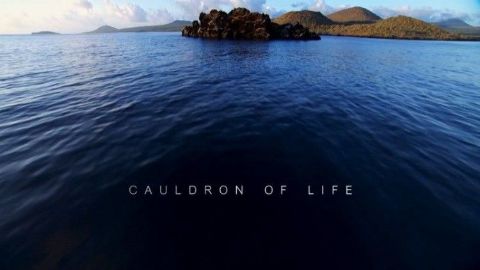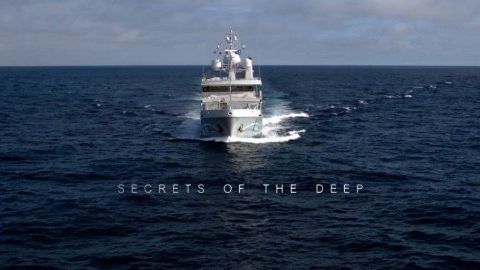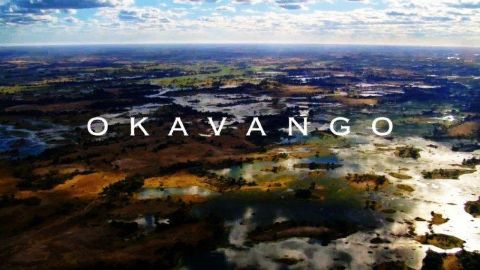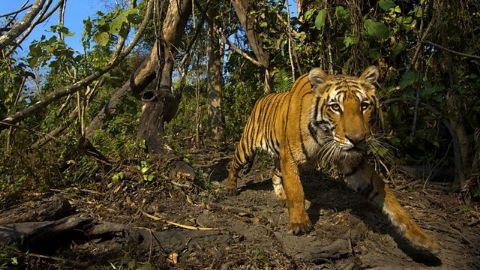Cauldron of Life • 2017 • episode "S1E1" • Galapagos with Liz Bonnin
The journey begins on the Galapagos' west side at the youngest and most volcanically active islands in the archipelago, Isabela and Fernandina, which are home to a richly diverse wildlife scene. Here, Liz and the team journey into the clouds above Wolf, the tallest volcano in the Galapagos, where they join a group of biologists hunting for the elusive pink iguana, which teeters on the edge of extinction. But how and why did it come to live on the top of a volcano? Back on the research vessel, Liz boards Alucia's Triton submersible to descend a kilometre into the ocean abyss in search of a new species hiding in the darkness. Liz also travels to one of the most remote locations in the Galapagos, Alcedo Volcano, in search of the largest population of giant tortoises. Plagued by drought in recent months, scientists are keen to find out how this prehistoric species has fared. Finally, Liz helps out with a groundbreaking science experiment to x-ray marine iguanas that have so far stunned the scientific community with a new mutation. As with all life on these remote islands, the key to survival is adaptation.
Make a donation
Buy a brother a hot coffee? Or a cold beer?
Hope you're finding these documentaries fascinating and eye-opening. It's just me, working hard behind the scenes to bring you this enriching content.
Running and maintaining a website like this takes time and resources. That's why I'm reaching out to you. If you appreciate what I do and would like to support my efforts, would you consider "buying me a coffee"?
Donation addresses
BTC: bc1q8ldskxh4x9qnddhcrgcun8rtvddeldm2a07r2v
ETH: 0x5CCAAA1afc5c5D814129d99277dDb5A979672116
With your donation through , you can show your appreciation and help me keep this project going. Every contribution, no matter how small, makes a significant impact. It goes directly towards covering server costs.







